Over the past two and a half decades, Dave Eggar's earned rock star status in pop music world as first-call cellist and string arranger for superstars like Coldplay, Evanescence, John Legend, Lewis Capaldi and Bebe Rexha and Foreigner. Yet for the multi-talented veteran musician, the piano has always been the ultimate place of solace since his childhood days as a classical prodigy.
In his youth, those keys were a sacred space where he found a home immersed in the lyrical glories of Chopin ballades and solo pieces by Satie, Gabriel Faure and Toru Takemitsu. Throughout his career, even as the four-time Grammy nominee has amassed hundreds of string credits, the piano compositions on his solo albums - from his 1998 debut Serenity to his prodigious latest release Dragonfly - reveal a truer artistry that comes alive in a space where he connects with people more deeply and emotionally.
Co-written and produced, like Eggar's 2021 album Awakening, by drummer, percussionist and songwriter Chuck Palmer, Dragonfly is a thematically expansive yet musically intimate collection which, true to the title's mythological implications, finds Eggar exploring the concepts of metamorphosis, self-realization and the insight of clear vision. It's all with an eye towards helping us meet the great challenges of a post pandemic world, rise above the darkness and discover exciting new possibilities.
While most of the pianist's previous solo albums bear titles reflecting the healing music space (including 2002's Angelic Embrace), the symbolism of the Dragonfly - brilliantly embodied by the colorful, intricate cover illustration and artwork - made perfect sense as a reflection of a hopeful embrace of a new era. In essence, it's a tribute as well to Gomeo, a Native American philosopher and fan of Eggar's music who always called the artist “Dragonflyboy” in reference to the combination of courage and fragility he observed in Eggar. Eggar in turn dedicates the graceful, reflective title track to Gomeo.
“The pandemic and resulting lockdown freed us from our usual distractions and made us all stop and think about the meaning of our lives,” says Eggar, who is releasing Dragonfly in the wake of the two 2023 Grammy nominations earned for his work with clarinetist Tasha Warren on the album Ourself Behind Ourself, Concealed, featuring compositions by Paquito D'Rivera and Pascal Le Boeuf. “I look at these realizations and the re-entry into new phases of life as a metamorphosis, much like the one a dragonfly undergoes from larva to adult. As we re-enter society, it begs the question: How can we do better and find the beauty within ourselves?
“On Awakening,” he adds, “the songs were vehicles for me to think through and solve issues related to that difficult time. With Dragonfly, they're about being more courageous and enlivening. Now that we're moving into the next chapter of our existence, how do we strike out in the world? On a personal level, the darkness where the album begins and ends reflects my working through pain, looking metaphorically over these past few years as I've experienced the transformation from a darkness into a place of light.”
Much of the darkness Eggar refers to is rooted in his sorrow over the loss of many special people in his life over the past year. In the album's credits, he dedicates Dragonfly to the aforementioned Gomeo as well as Andrew, Mark and Ronnie. Losing so many in such a short span inspired him to think about his many vectors as a musician. Following the stark, elegant “Prelude,” he taps into “The Darkness,” a graceful hypnotic piece with classical overtones (and the added heartrending texture of his cello harmony) for Andrew, a close friend who took his own life.
The equally soulful, haunting tune “Sorrow Returns” is for “Ronnie” - a nickname for Rosalyn Freundlich, a therapist who transformed his lie at an early age, helping him from his teens through his early 30s. This included the later period of a troubled childhood, which ran from the highs of being a child prodigy playing the Metropolitan Opera and Carnegie Hall to running away from home. “Ronnie was more than a therapist for me,” he says. “She was also a very powerful philosopher. Her passing had a significant impact on the recording of Dragonfly.”
Complementing the gorgeous, introspective piano pieces - which include “Embark,” “Encircled,” “Soliloquy” and “Shards of Light” - are the stately, dramatic and hopeful “Lullaby of Kingston” (a piano rendition of the title track from his 2010 album Kingston Morning) and two tracks Eggar performs with Bristol Lightning, the Americana quartet he formed during the quarantine period with talented bluegrass musicians he met and vibed with upon his pandemic-era move from NYC to Bristol, TN. The group's Blake Collins (mandolin) and Phil Faconti (guitar) appear with Eggar on the uniquely experimental, atmosphere-rich, mood swinging “Memories of New York” and are joined by singer Ashton Davison (providing ethereal wordless vocals) on the trippy and tension filled, densely percussive classical/bluegrass fusion jam “Road Trip.”
At first, Eggar thought these two Bristol Lightning tracks were too much of a departure from the piano-centric flow of the rest of Dragonfly - but ultimately he loved how everything worked together to capture where he's coming from in a meditative space while expanding his repertoire, taking risks and tackling new adventures in his life. “You can go on a road trip to explore new possibilities and also remember New York as it was and find new life there,” he says. “These songs relate all the possibilities that await us after a long time of struggle. Through all the meditation, we can find a time for action.”
Though it is the closing track, the piano piece “Onwards” flows like an unfinished folk song, promising more magic to come. Ending with such simplicity harkens back to “Appalachian Spring,” an enduring work by famed composer Aaron Copland, who in his later years lived in Eggar's hometown of Croton-on-Hudson NY and was Eggar's piano teacher when he was six. It is also a way of acknowledging the pianist's mellower but still quite vibrant life now in Appalachia, considered by some to be the birthplace of country music.
While Eggar's fascinating history as a prodigy usually takes precedence in his official biographies, it's the way music helped the Julliard trained musician cop with the struggles of that childhood that tell the deeper story of his evolving genius. In addition to being in great demand with jazz and pop music royalty (Michael Brecker, David Foster, Taylor Swift, Tony Bennett, Andrea Bocelli and Esperanza Spalding, among scores of others), he has collaborated with the New York City Ballet, the Jose Limon Company, Attack Theatre, Pendulum Aerial Arts, Shen Wei Dance, San Francisco Ballet and Complexions Contemporary Ballet.
Eggar has also appeared as a featured soloist with the Thailand Philharmonic, The Sydney Symphony, the Melbourne Symphony, the Metropolitan Opera Orchestra and the New York Philharmonic. Over the past few years, he has collaborated on live events with yoga artist Christiane Sabo, which allowed him to explore the idea of how emotion and meditation work in tandem.
“I like the way the music on Dragonfly isn't just about processing sorrow and loss in a meditative space, but also opens up a journey from there into once again embracing the world with courage and confidence,” says Eggar. “I am grateful for the many years I have been with Domo Records, whose leadership always believed in my unique voice as an artist, even when I wasn't sure of myself. With each album, it's been wonderfully gratifying to see a substantial increase in people listening. With this little seed planted so long ago, we've built a beautiful world of possibilities.”
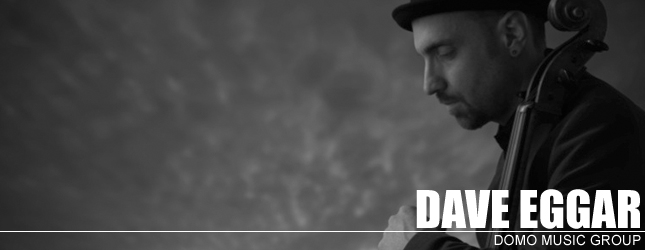


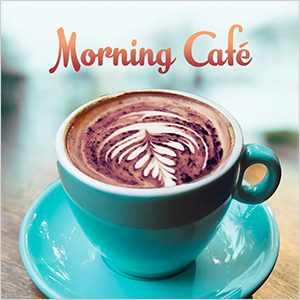

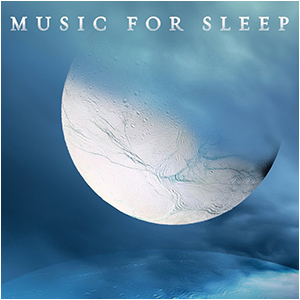
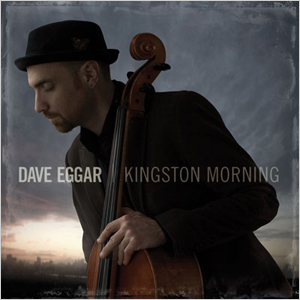

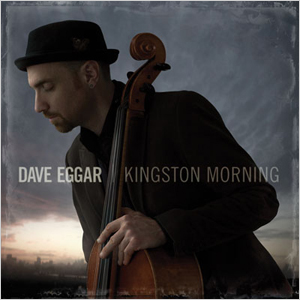
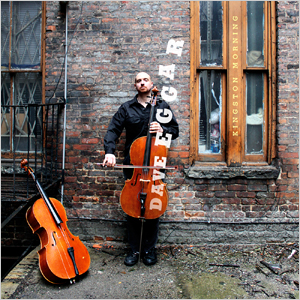
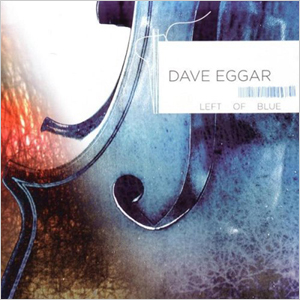
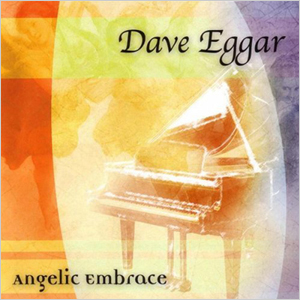
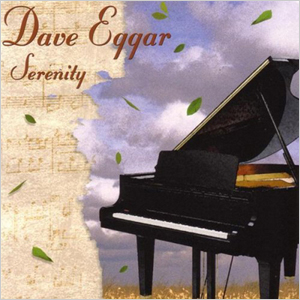
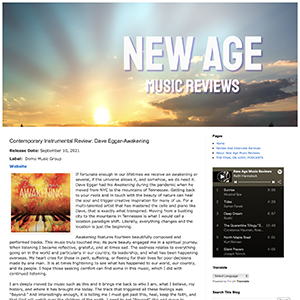 Contemporary Instrumental Review: Dave Eggar-Awakening - New Age Music Reviews
Contemporary Instrumental Review: Dave Eggar-Awakening - New Age Music Reviews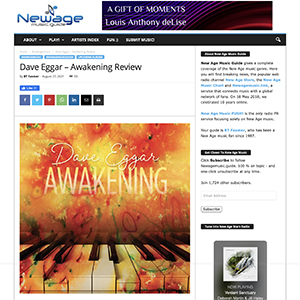 Dave Eggar – Awakening Review - New Age Music Guide
Dave Eggar – Awakening Review - New Age Music Guide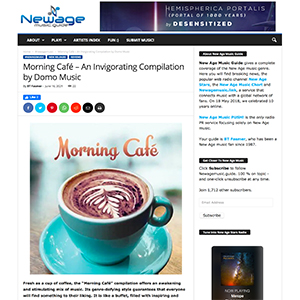 “Morning Café – An Invigorating Compilation by Domo Music” - New Age Music Guide
“Morning Café – An Invigorating Compilation by Domo Music” - New Age Music Guide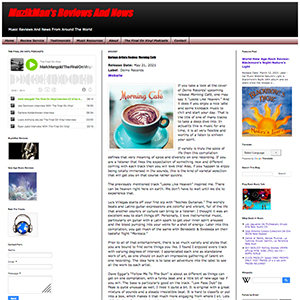 “Various Artists Review: Morning Café” - MuzikMan's Reviews And News
“Various Artists Review: Morning Café” - MuzikMan's Reviews And News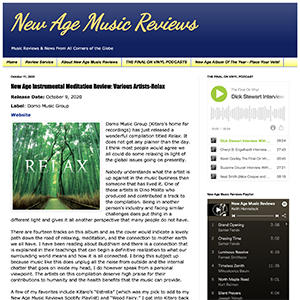 “New Age Instrumental Meditation Review: Various Artists-Relax” - New Age Music Reviews
“New Age Instrumental Meditation Review: Various Artists-Relax” - New Age Music Reviews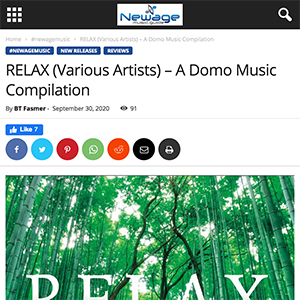 “RELAX (Various Artists) – A Domo Music Compilation” - New Age Music Guide
“RELAX (Various Artists) – A Domo Music Compilation” - New Age Music Guide “Selected Artists - Domo Records
“Selected Artists - Domo Records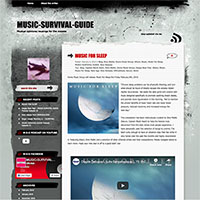 “MUSIC FOR SLEEP” Review by Music-Survival-Guide
“MUSIC FOR SLEEP” Review by Music-Survival-Guide










